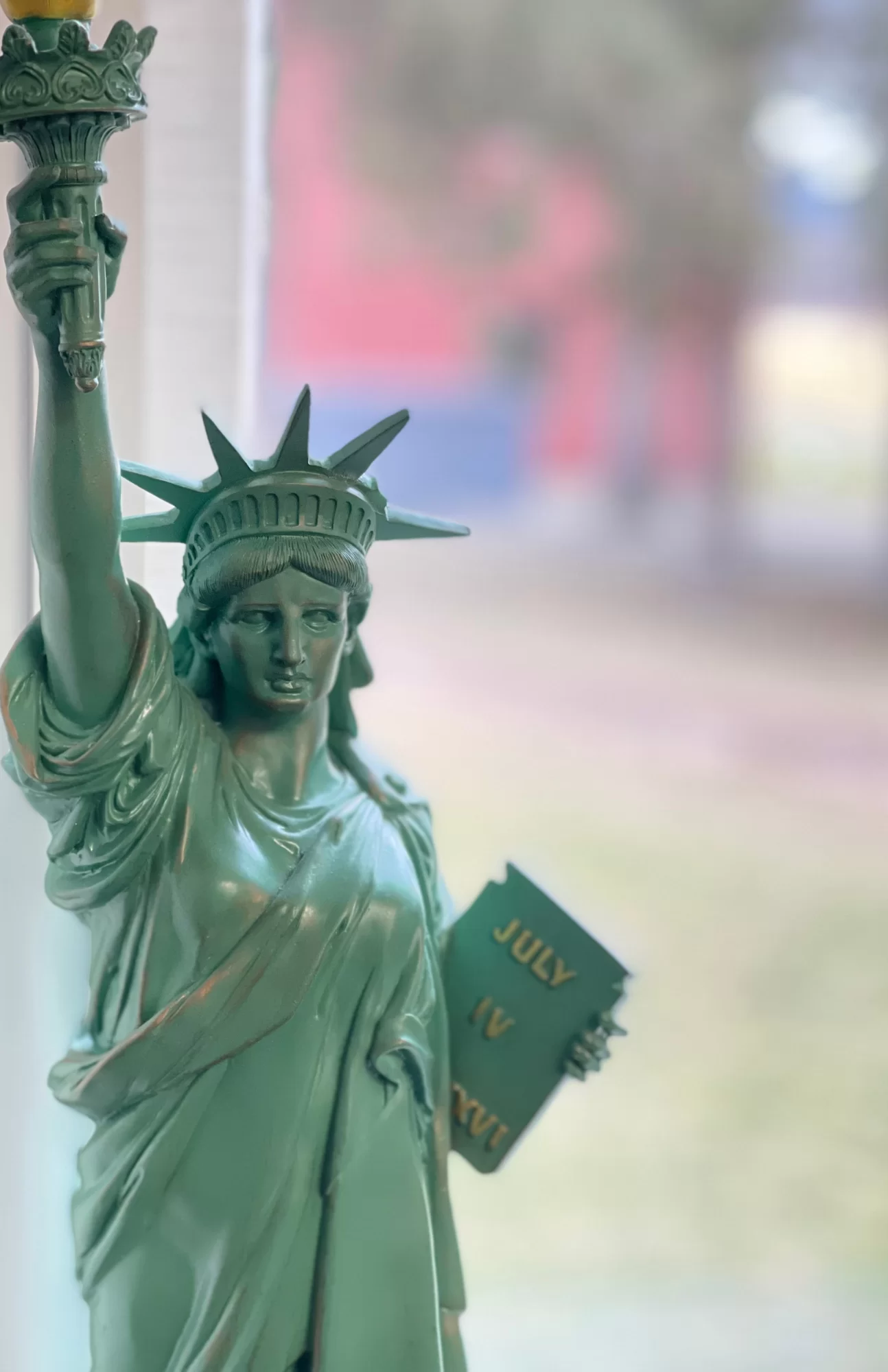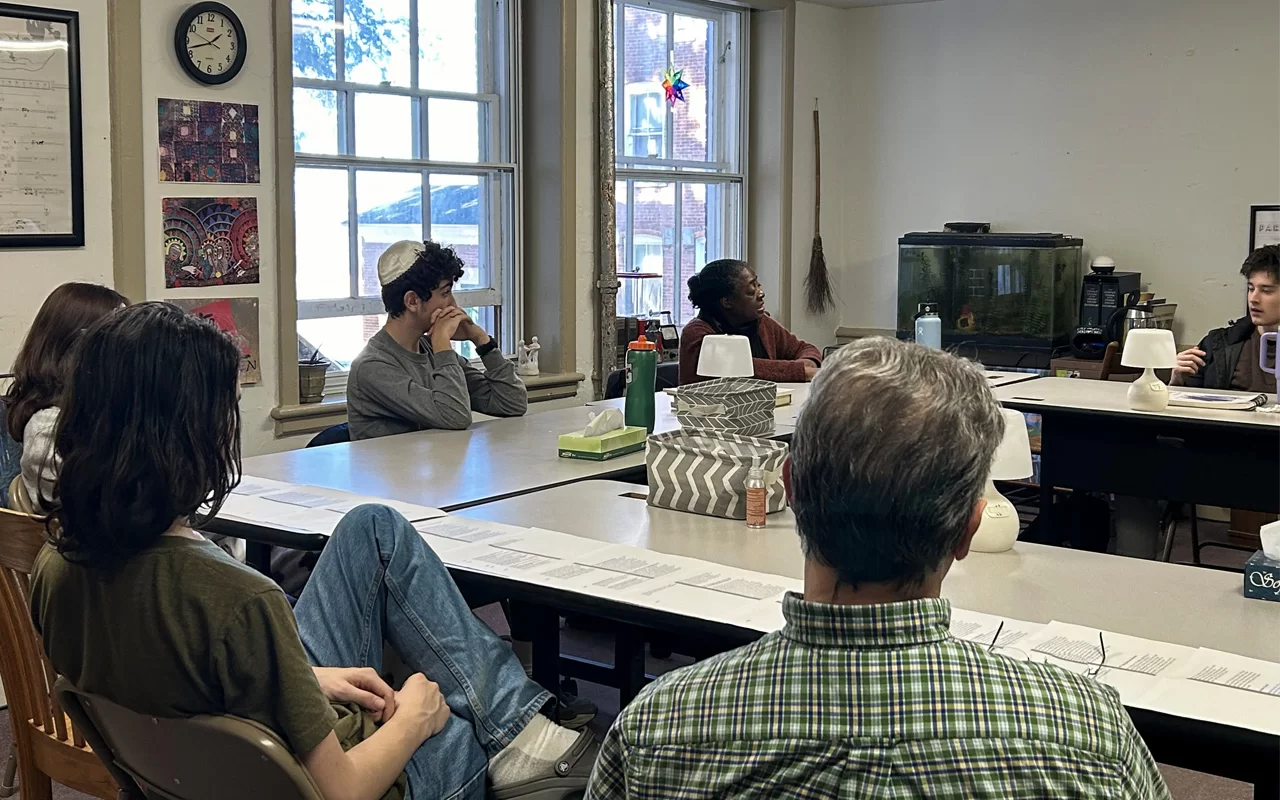Darrow academics
Our Curriculum
A Darrow education is active, differentiated, and inclusive.
Active means that you are not just passively absorbing content but actively constructing knowledge and creating meaning. You'll experience dynamic labs, the writing process, projects, and presentations. Your work will connect to the real work of people in your discipline.
Differentiated means that our courses have clear learning goals in content and skills but offer flexibility in when and how students demonstrate their learning. Plus, we provide robust supports — office hours, additional scaffolding of assignments, supplementary materials, and coordination with Learning Skills coaches. At the same time, our faculty will challenge you in supportive ways to deepen or go beyond the core skills.
Inclusive means that our classes are welcoming, engaging, and appropriately rigorous because we honor a wide range of backgrounds, learning styles, and cultures. We work to ensure diversity in our readings, guest speakers, and lesson materials. We offer support when challenging issues arise. We communicate clear and transparent standards or assessment criteria so you know what to expect. Plus, we all grow from our mistakes, so the opportunity for revision is a part of the learning process.
4:1
Student: Teacher Ratio
150+
Courses and electives
9
Students per class
Favorite Spot on Campus
Villinski's Classroom
My favorite space on campus would have to be Mr. Villinski's Classroom, the epitome of History, where you're greeted by a treasure trove of artifacts, maps, flags, LEGOS® , and even Miss Liberty herself! And let's not forget about Villinski's iconic wooden desk and comfortable red reading chairs, which will make you feel right at home. The energy flowing through the room sets you up perfectly for learning about war or peace in the pages of History. —Charlie '24



